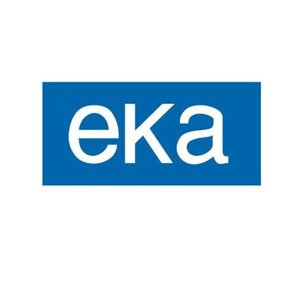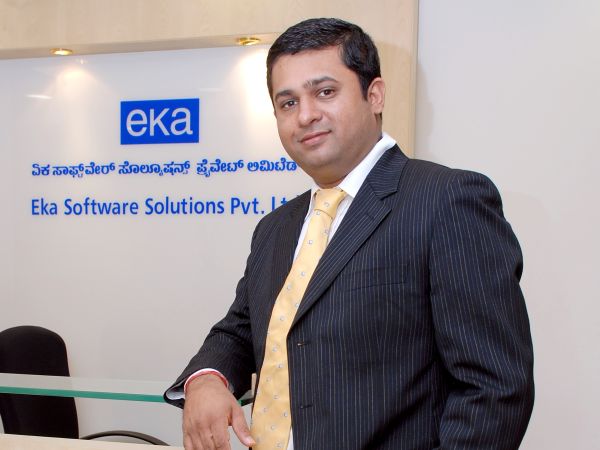Manav Garg’s career exemplifies the statement “where there is big risk, there is big reward”. Throwing up a lucrative, six-figure plus salary and bonus as a commodities trader to start a software company that would build a commodities trading product required guts. Manav took it in his stride and today has built a world-class company that competes globally with its commodities trading software. He’s also built a company – EKA Software – that is domain driven and highly customer centric. In this interview with ProductNation, Manav talks about the origins of his company and some key factors that went into building it.
You began a career in trading commodities. So when and how did you foray into the software industry?
Yes, I am not a techie. I used to trade commodities enjoying import and export for a firm in Mumbai. But during this time, I saw a need for software for commodity trading. So, I spent more almost 24 months meeting with customers as a trader, trying to understand how to fill the gap and how systems would be a boon to traders like me. Since I have no background in software, I researched for a year on the requirements of the commodity trading industry, how it works, how to install a system for a particular pain point. I moved to Bangalore, and set up shop, hired people and started out, spending almost 50% of my time meeting and talking to people on the benefits they would get from the software. This was how I educated myself about software.
So you are saying that your entrepreneurial spirit was lit by your ability to identify an opportunity. While there are opportunities everywhere, the main point is you need to have the guts to take a risk, and the research to back it to believe that the opportunity can be translated into business success.
Obviously, in my experience this is exactly what happened — careful research combined with my intuition that this opportunity will be a success. Many times too much research is done with no action. I do not believe in market reports. I believe that research and study done by yourself and through interaction with customers and feel of the market is what will make your product a success.
How do you identify customers and ensure that they will give you the right picture while your product is being built?
Since I was in touch with customers for 24 months before starting the business, it was easy to contact them. It is important to know how to convey the right message to your customers, tell them about the kind of solutions you are proposing. Moreover, if you are connected on LinkedIn through your professional contacts and friends, you can easily connect with customers.
I don’t think it’s a big a challenge to identify customers. I think the biggest challenge is the right approach. I recall when I contacted people whom I have known for at least five years, be it in Hamburg or Amsterdam, we were able to relate because they felt that I understood their pain points and were confident that I would bring to the table valuable solutions.
So your next step was to build the team. So how did you form the right team, especially the founding team?
You must be passionate about your product because then you can speak with conviction about the advantages of your product.
When I started, I used the personal contacts route. At that time, I did not know anybody in the IT sales or products fields. All that I was confident about was that Bangalore is a good place to do business in the IT field. I met people, worked with them for some time, and they helped me understand how the whole industry works.
For product development, I also reached for professional assistance to some of the larger technology MNCs who had more experienced talent. Since I did not have a software background, I decided to concentrate on sales from inception.
For any start-up I think it is very important to decide from an early stage as to what is the main driver in the business. If you are doing business applications then sales is key driver, if you are doing online sales then marketing will be the key driver and if you are making tech based products then technology is the key driver here. But if it is very important to identify the key driver that will then help decide the skill set of the team.
Today, what would you say are the key things that differentiate EKA in the market?
For many years, people have been trading in rice, sugar, wheat and metals. It is important to have a good supply chain to manage this trading. And for this you need excellent software that simplifies the supply chain. This was the challenge as a trader I was trying to overcome. We basically cover that need in EKA today.
A lot of our competition, mainly in the US, is focused on crude oil, gas, trading industry. We were the first one to focus on the commodities industry and therefore had an edge in the market. We carved a niche for ourselves.
Please share with newer entrepreneurs the learning’s that you have had over last five years, especially amidst the challenges you and other emerging companies in India face?
The biggest challenge is putting together the right sales team. The product might be good, but it is the taking of it to the market that will bear fruit. You also need an efficient global online distribution model. Another serious issue is how to retain employees. How do you convince people that your product is here to stay for a long time and not just a couple of years. Emerging companies need to convince employees that their products are not fly by night, but bring value to customers and, thereby, employees over a longer span of time.



